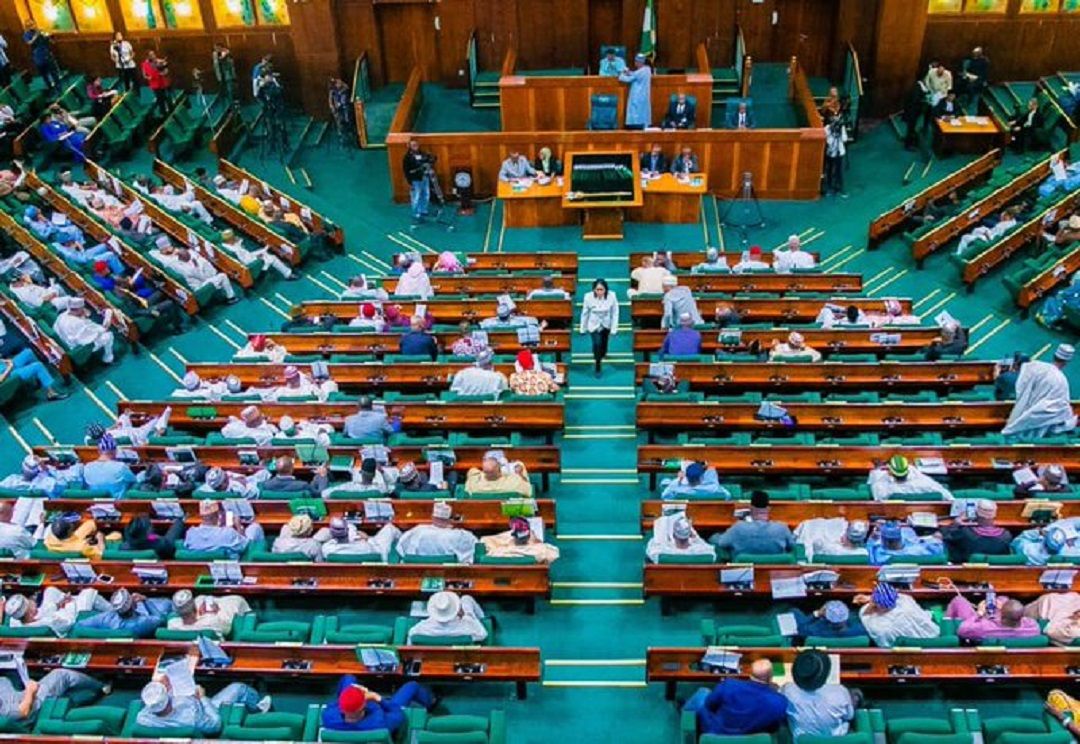
The House of Representatives has urged the Federal Government to allocate ₦350 million in the 2026 national budget to revive moribund industries and support small and medium-sized enterprises (SMEs) across Nigeria.
The resolution followed the adoption of a motion sponsored by Hon. Akarachi Amadi, who represents the Mbaitoli/Ikeduru Federal Constituency of Imo State.
Amadi expressed concern that several once-thriving industries across the country have either collapsed or become inactive due to persistent challenges such as poor electricity supply, high interest rates, and weak infrastructure, resulting in massive job losses and a slowdown in economic growth.
Citing data from the National Bureau of Statistics (NBS), the lawmaker noted that Nigeria’s unemployment rate had surged from 25 percent in 2022 to over 40 percent in 2025, largely due to the shutdown of key manufacturing firms.
“The moribund state of local industries has led to increased importation of goods previously produced in Nigeria, causing capital flight, worsening exchange rates, and fueling inflation especially in sectors where we were once self-reliant,” Amadi said.
He warned that the collapse of the industrial sector has also contributed to the country’s insecurity and social unrest, with many unemployed youths resorting to crime out of frustration.
List of Affected Industries Across Nigeria
Amadi identified several dormant or struggling industries across the six geopolitical zones, including:
- Katsina Steel Rolling Mill (Katsina State)
- National Paper Manufacturing Company (Ogun State)
- Standard Shoe Industry Limited (Imo State)
- Taraba Tomato Processing Company (Taraba State)
- Idah Glass Company (Kogi State)
- Cross River Wood Processing Plant (Cross River State)
He added that industries such as the Osogbo Steel Rolling Mill, Osogbo Machine Tools, and Ceramic Industry, Umuahia, could play a vital role in restoring Nigeria’s manufacturing base if revived.
The lawmaker also cautioned that some Nigerian manufacturers were already relocating to neighbouring countries, particularly Ghana, due to poor infrastructure, unreliable power, and rising operational costs.
“Reviving these industries will strengthen Nigeria’s economy, reduce dependence on imports, and create thousands of jobs for our citizens,” Amadi emphasized.
Following the motion’s adoption, the House mandated the Federal Ministry of Industry, Trade and Investment to include a ₦350 million budgetary allocation in the 2026 Appropriation Bill to kick-start the rehabilitation of these critical industries and support SME growth nationwide.



